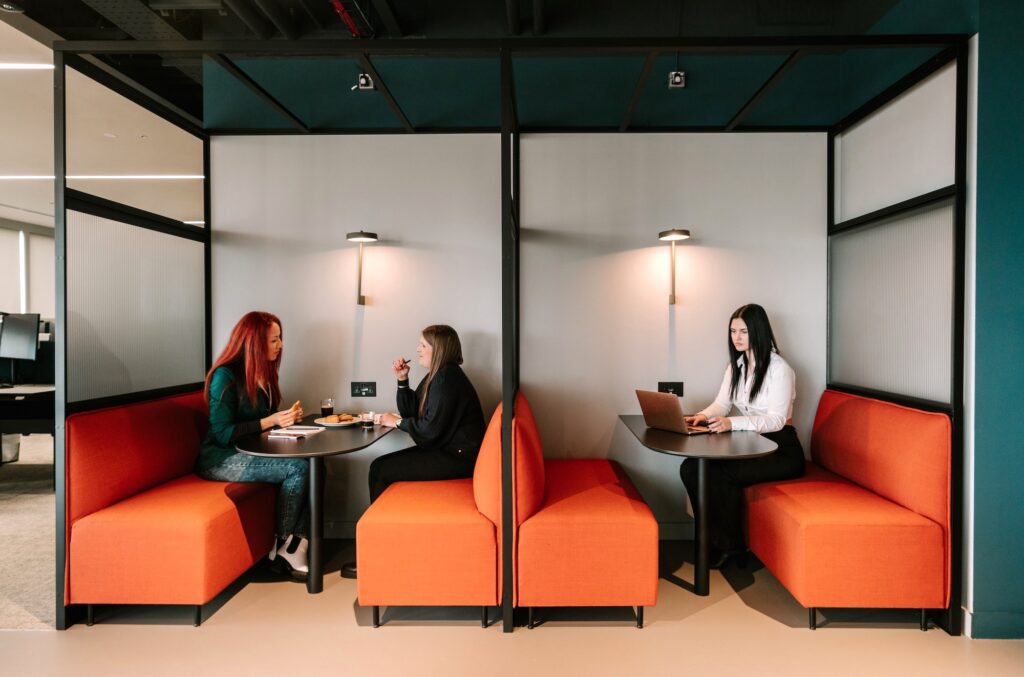Survey: 34% of employees ‘willing’ to leave their jobs in 2024

Photo by Toa Heftiba from Unsplash+
As the work landscape continues to evolve, so do the dynamics between employers and employees.
In its fourth iteration, the EY 2023 Work Reimagined Survey (comprising 17,050 employees and 1,575 employers from the Americas, Asia-Pacific, Europe, the Middle East, India, and Africa) sheds light on the nuanced perspectives that define the new era of work. And what the survey reveals is a rebalancing of workforce priorities in light of disruptions, economic fluctuations, and changing workplace expectations.
Despite a decrease from its 2022 findings (22 percent), 34 percent of employees are still contemplating changing jobs in the next year, with better pay and a more attractive rewards package as the primary driving force behind this intention. It’s not a surprising finding given the inflation and increased living costs in recent times.
What the work survey reveals is a rebalancing of workforce priorities in light of disruptions, economic fluctuations, and changing workplace expectations
Fascinatingly, a disparity exists between employer and employee perceptions regarding the distribution of power. Driven by economic challenges, employers often perceive themselves as holding the upper hand. However, since 2019, employees have observed an uptick of eight percent in their perceived level of influence.
In people we trust
The survey underscores the pivotal role of trust and leadership models centered around people. Building trust within the workforce is closely tied to cultivating a more positive organizational culture, increased productivity, and higher employee retention rates.
Both employers and employees emphasize on skills development and training. Employers are eager to enhance and retrain their staff, while employees aim to stay competitive in a job market that places a growing prominence on adaptability.
Aim high with AI (just not now)
Generative Artificial Intelligence (GenAI) generates excitement among employers and employees alike, as 33 percent foresee heightened productivity and innovation. However, training for GenAI remains a low priority for both parties.
In pursuit of the remote
Over a third of knowledge workers prefer a fully remote setup, a preference more pronounced among women. Employers, however, lean towards a hybrid model with employees in the office for at least two or three days per week. High-quality commercial real estate alone is insufficient to entice employees back to the office. However, organizations with well-graded workplaces report enhanced productivity, a more vibrant culture, and reduced turnover rates.
In essence, the work survey offers us not just statistics but a narrative of change, challenge, and adaptation
The convergence of cyclical and structural pressures has uncovered stark differences in priorities between employers and employees. Navigating this “great rebalance” demands a strategic shift in leadership mindset. Successful organizations will prioritize technological evolution while preserving a people-centric, agile, and resilient workforce strategy.
In essence, the EY 2023 Work Reimagined Survey offers us not just statistics but a narrative of change, challenge, and adaptation. As we step forward into this transformed world of work, these insights will serve as our guiding light, illuminating the path toward a future where both employers and employees thrive in harmony.

